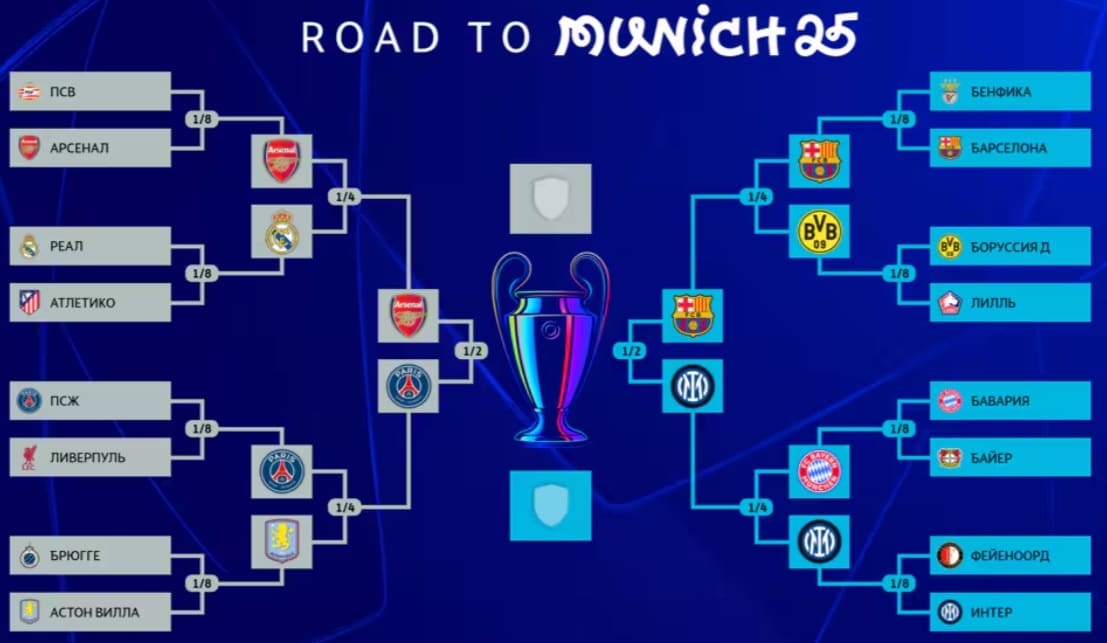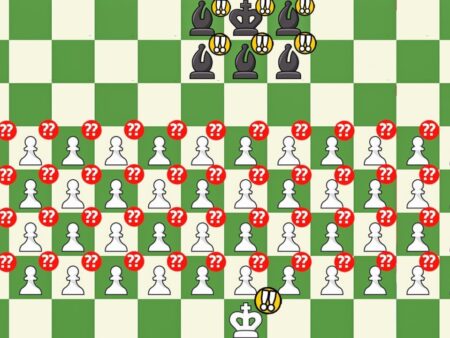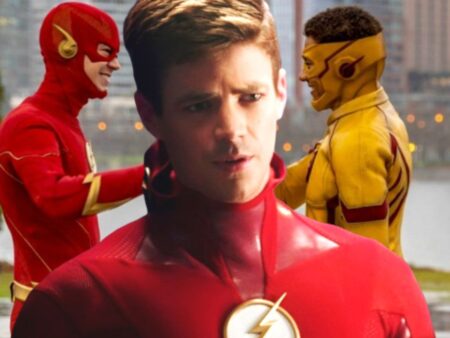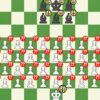
The UEFA Champions League, European club football`s most coveted prize, is set for a dramatic overhaul that promises to redefine the landscape of continental competition. Moving beyond the familiar comfort of group stages, a new “league phase” format is on the horizon, scheduled to debut in a forthcoming season (with early indications pointing towards 2025/2026). This isn`t just a tweak; it`s a structural transformation designed to inject more high-stakes drama from the very first whistle, ensuring that every match carries significant weight.
The Swiss Model Takes Center Stage: What to Expect
Gone are the days of predictable group permutations. The new format, often dubbed the “Swiss model,” will see an expanded roster of 36 clubs competing in a single league table. Each team will play eight matches against eight different opponents – four home, four away. This innovative approach replaces the traditional round-robin groups, meaning clubs will no longer face the same three opponents twice. Instead, they`ll navigate a more varied and, arguably, more challenging schedule.
The shift aims to achieve several objectives:
- Increased Competition: More matches against different opponents mean fewer “dead rubbers” and more crucial encounters. Every result will impact a team`s standing in the consolidated table.
- Enhanced Meritocracy: A broader range of fixtures should, in theory, provide a truer reflection of a team`s strength over the initial phase of the competition.
- Unpredictable Drama: With 36 teams vying for position in a single table, the final matchdays are expected to be a spectacle of simultaneous, high-pressure games across the continent.
The path to the knockout rounds will also see a fresh twist. The top eight teams from the league phase will automatically qualify for the Round of 16. Those finishing between ninth and twenty-fourth will then enter a playoff round, battling it out for the remaining eight spots. Teams finishing 25th or lower will be eliminated, with no parachute into the Europa League – a stark reminder that in this new era, only the truly exceptional will advance.
Marquee Matchups and Global Rivalries Amplified
This expanded format guarantees an abundance of colossal clashes right from the outset. Imagine the opening matchday, featuring heavyweight encounters like reigning world champions Chelsea against perennial German powerhouse Bayern Munich. Or consider the tantalizing prospect of a Paris Saint-Germain versus Atalanta rematch, a nod to their thrilling 2020 quarter-final. Even Liverpool, consistently among the favorites, will find themselves tested early, kicking off their campaign at home against a formidable Atletico Madrid.
The future schedule also promises a rich tapestry of narrative-driven matchups:
- Reunions and Returns: Picture a fan-favorite like Trent Alexander-Arnold (hypothetically, now a Real Madrid player) returning to a fervent Anfield. Or Kevin De Bruyne, perhaps after a storied career elsewhere, finding himself reunited with Manchester City at the Etihad. These personal sagas add layers of intrigue to already significant fixtures.
- Geopolitical Sparks: The new format might even ignite rivalries with subtle undertones, such as the Qatar-backed PSG facing off against Saudi-owned Newcastle United. While purely a footballing contest on the pitch, the wider implications certainly aren`t lost on the discerning observer.
- Logistical Puzzles: With eight games across various matchdays, teams will face significant travel and scheduling challenges. A team might find itself traveling to Kazakhstan one week, only to face a continental giant days later. It`s a testament to the modern footballer`s endurance, or perhaps a new frontier for sports science and sophisticated squad rotation – depending on your perspective.
The league phase will be a grueling, yet exhilarating, journey. Hansi Flick`s hypothetical Barcelona side, for instance, could face a baptism of fire with away games against Newcastle United and Chelsea within their first five matches. Such a demanding start could define their entire season, putting early pressure on even the most decorated managers.
The Road Ahead: A New Standard for European Glory
The Champions League has always been a beacon of footballing excellence, a competition where legends are forged and dreams are realized. This new league phase represents an evolution, a bold step into a future where every single point, every single goal, and every tactical decision could mean the difference between progression and premature elimination.
“In football, as in life, adaptation is key. This new Champions League format demands it, not just from the players and coaches, but from the fans who`ve grown accustomed to the old ways. It promises more games, more drama, and arguably, a more deserving champion. Prepare for a marathon, not a sprint, where only the most resilient will ultimately lift that iconic trophy.”
As the footballing world anticipates this transformative era, one thing is certain: the UEFA Champions League will continue to captivate audiences globally, albeit with a fresh, more intense, and undoubtedly more memorable approach to crowning Europe`s finest.










